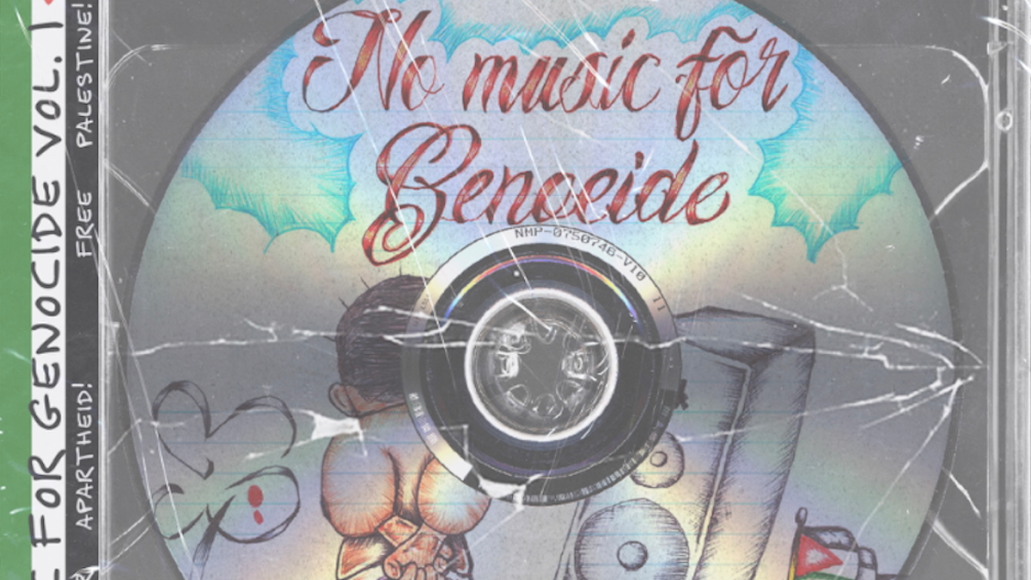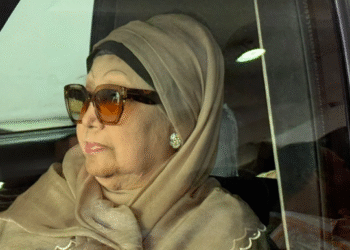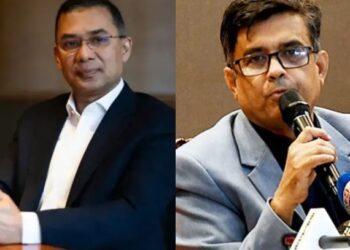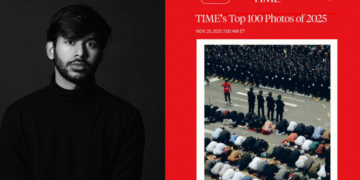Highlights:
More than 400 artists and labels have joined the cultural boycott of Israel, removing their music from streaming platforms in protest against the ongoing genocide in Gaza. The movement, titled No Music for Genocide, has gained support from well-known bands and aims to follow the model of past boycotts against apartheid South Africa.
Hundreds of Artists Join Boycott
Over 400 artists and music labels have decided to block or remove their music from streaming services in Israel. This action comes as a response to what they call the genocide in Gaza.
Among the artists taking part are Fontaines DC, Kneecap, The Mary Wallopers, Amyl and The Sniffers, Massive Attack, Black Country New Road, Headache, and Zach Fogarty.
The “No Music for Genocide” Initiative
This cultural boycott is organized under the campaign titled No Music for Genocide. The initiative calls on artists and labels to stop providing music in Israel as a way to pressure the country internationally.
In a statement, the coalition explained:
“This tangible act is just one step toward honouring Palestinian demands to isolate and delegitimize Israel as it kills without consequence on the world stage.”
Read More: Mala Ali Kurdistani to Visit Bangladesh Soon
They further pointed to history, saying:
“The successful cultural boycotts against apartheid South Africa prove that our creative work grants us agency and power. When we wield it together, we add unified pressure to a growing, global, interdependent movement, from Hollywood to the docks of Morocco.”
Massive Attack’s Powerful Statement
The band Massive Attack made a strong statement in support of the boycott. They compared today’s actions against Israel to the past boycotts of apartheid South Africa:
“In 1991 the scourge of apartheid violence fell from South Africa, aided from a distance by public boycotts, protests, & the withdrawal of work by artists, musicians and actors. Complicity with that state was considered unacceptable.”
They added:
“In 2025 the same now applies to the genocidal state of Israel. As of today, there’s a musician’s equivalent of the recently announced @filmworkers4palestine campaign (signed by 4,500 filmmakers, actors, industry workers & institutions) – it can be found @nomusicforgenocide & supports the wider asks of the growing @bds.movement.”
Finally, they appealed to other musicians:
“We’d appeal to all musicians to transfer their sadness, anger and artistic contributions into a coherent, reasonable & vital action to end the unspeakable hell being visited upon the Palestinians hour after hour.”
A Global Cultural Stand
The boycott shows that music and culture are not only about entertainment but also about resistance and solidarity. Just as cultural boycotts played a role in ending apartheid in South Africa, artists believe their united action can now add pressure against Israel’s actions in Gaza.
Source: JOE
Share via:

















